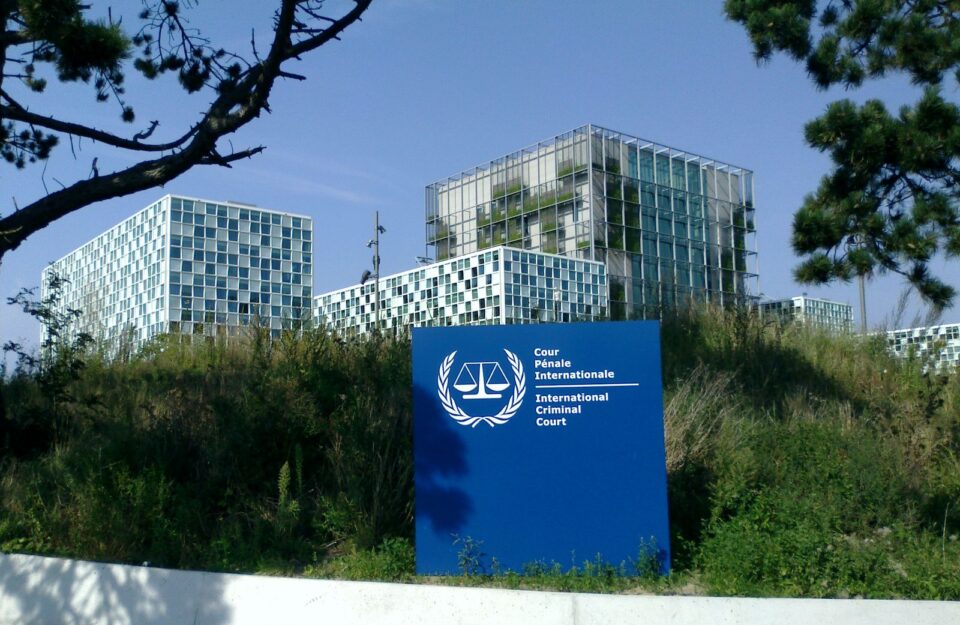On the thirty-seventh anniversary of the Anfal genocide and related campaigns against the Kurdish people, the Alliance Network of Kurdistan’s Organizations for the International Criminal Court renewed its call for Iraq to join the International Criminal Court (ICC). The Network stressed that Iraq’s membership in the ICC is essential to preventing future atrocities in Kurdistan.
Despite decades of verbal sympathy, Iraq’s federal government and its institutions have taken no practical steps to address the legacy of the Anfal campaign. A central demand of the victims’ families has been the prosecution of those responsible. They argue that it is the Iraqi government’s duty to pursue justice, provide reparations, and bring this case to international courts.
The Network emphasized that if their twenty-year appeal had been met, the ICC could have intervened in more recent atrocities, including those in Sinjar. These crimes could have been recognized as genocide, and their perpetrators brought to justice—or perhaps even deterred altogether.
The Network continues to urge Iraq to sign the Rome Statute and officially accede to the ICC, which would make it the Court’s 125th member.
Established in 2002 and headquartered in The Hague, Netherlands, the ICC prosecutes individuals for war crimes, crimes against humanity, genocide, and aggression—especially when national courts fail to act. Its jurisdiction includes crimes committed by citizens of member states or within their territories, regardless of the accused’s nationality. Importantly, the ICC is not a United Nations body and does not prosecute states, only individuals.
To date, 124 countries have joined the Court, with Armenia and Ukraine being the most recent members.
During the late 1980s, the Ba’athist regime carried out a systematic genocide against the Kurdish people in eight brutal phases. Over 182,000 people were forcibly disappeared, and thousands of villages were destroyed. More than three decades later, the perpetrators have not been fully prosecuted, and survivors and families of victims have received no meaningful compensation. The Iraqi government has yet to fully acknowledge or take responsibility for these crimes.
Iraq remains a non-signatory to the ICC. Membership would have served the interests of the Kurdish people, the primary victims of genocide. Yet, the Iraqi government continues to avoid both reparations and accountability—apparently unwilling to accept the obligations that come with international justice.

